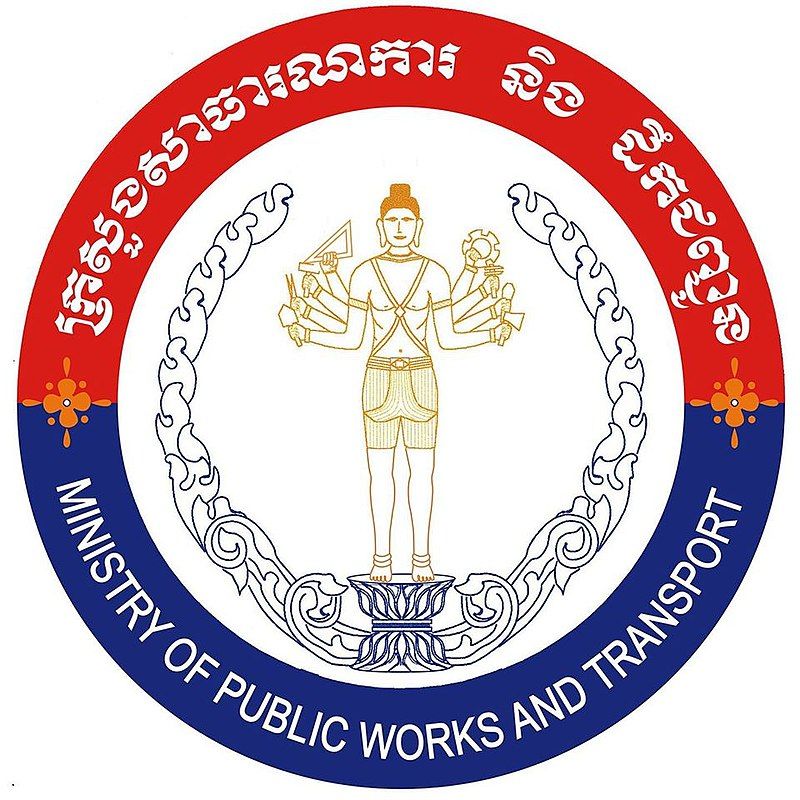Issue Description
Cambodia has experienced a significant rise in international trade volumes, reaching USD 52 billion in 2022, up 9% from 2021. Connected to this growth is the rise of the country’s logistical and freight forwarding sector. Most of the country’s goods are moved by land, through trucks. Most logistical companies are small-scale, with a few major international companies. The majority of Cambodia’s trucking fleet consists of imported, used vehicles, usually from Korea, the United States, and Japan. Despite sizeable increases in average income levels and consumer spending, the picture of the country’s trucking sector has remained largely unchanged, with little in terms of fleet or process modernisation.
Transport vehicles in Cambodia are modified for a variety of reasons, such as to repair them after an accident, to make their trailers larger to accommodate more space for freight, or other ad-hoc changes. These can include changes to bodywork, suspension, and braking systems to make the fleet more suitable for operations on Cambodian roads.
However, several local trucking companies, motivated by the prospect of higher profit margins by increasing the goods transported on each trip, make unauthorised modifications to their trailers to increase the carrying load. These modifications are often done informally, in improvised garages, and carried out by unsupervised personnel with little or no technical knowledge in trucking, road engineering, or vehicle maintenance. This lack of knowledge means that truck modifications are done with little or no adherence to official guidelines and instructions, leading to significant risks to both engine performance and road safety.
Widespread truck modifications in Cambodia are being carried out without any formal approval or certification. While the Royal Government of Cambodia, through the Ministry of Public Works and Transport (MPWT), takes an interest in promoting road safety and higher standards in the trucking industry, their main contribution is to conduct annual vehicle inspections on trucks. These inspections review the safety of the brakes, engine, lights, and other vehicle components but do not look into the nature of modifications that have been made to the vehicle. This lack of oversight poses significant dangers to road safety and the trucking industry in Cambodia.
Impact on business
The informal nature of truck modifications in Cambodia poses serious risks to various stakeholders in the country’s trucking sector. Firstly, these modifications can compromise the safety of the vehicle, making it more prone to accidents and breakdowns. Such modifications can also lead to overloading of the vehicle, increasing the risk of accidents and damage to roads and bridges. Overloaded trucks can also cause significant damage to the roads and bridges, leading to costly repairs and maintenance.
Secondly, these modifications harm fair competition as they undercut compliant businesses’ efforts to maintain the safety and reliability of their trucking fleet by allowing unscrupulous competitors to save costs and cut corners at the expense of collective safety. A secondary impact on the business environment is the higher resulting insurance premiums paid by the collective due to the more unsafe conditions of the country’s trucking fleet.
Finally, these modifications discourage businesses from investing in upgrading their fleet of transport vehicles to newer, safer, and more environmentally-friendly vehicles, representing a lost opportunity for stakeholders and the wider public alike. The lack of investment in modernising the fleet can also lead to higher operating costs in terms of maintenance, fuel consumption, and inefficiencies in delivery schedules.
Recommendation
- Publish and update a list of certified and/or authorised truck modification operators.
We respectfully recommend that the MPWT, possibly through its Vehicle Inspection Department, publish and keep updated on their website a list of approved truck modification operators in Cambodia, complete with contact details. This will enable logistical companies to make more informed decisions on which contractors to rely upon for truck modifications.
Ultimately, this availability will have four key benefits. Firstly, it will make Cambodian roads safer by establishing a clear line of compliance between authorised and unauthorised truck modification operators. Law enforcement officials conducting vehicle inspections will have a clear way to assess the suitability of truck modifications for Cambodian roads.
Secondly, it will make economic competition between logistical operators fairer as they will all now be equally incentivised to make their truck modifications conform to what is legally permitted.
Thirdly, it will also help logistical companies to insure their vehicles and further contribute to making roads safer in Cambodia.
Finally, it will increase the economic competitiveness of Cambodian logistical companies as they will now have a clear and safe incentive to make modifications to their trucks to increase their profit margins when carrying goods. In other countries such as the USA, Australia, and Thailand, certifications on truck modifications mean that trucks with adaptations to axles and other components can carry on operating with higher weight. Some countries, such as Australia, have even published official guidelines on how to carry out modifications to various truck components.
Overall, the publication of a list of approved truck modification operators in Cambodia will have significant positive impacts on road safety and fair competition, and will also contribute to the economic competitiveness of the country’s logistical sector.
Royal government of Cambodia
Initiative from Eurocham: The issue has been raised by the Transport & Logistics Committee within The White Book edition 2024 in the Recommendation No. 6.

National Counterparts

Ministry of Public Works and Transport
Contributors

Mr. Suy Bunthan
Chairman

Mr. Seng Vichet
Vice-Chairman

Mr. Matthew Owen
Vice-Chairman

